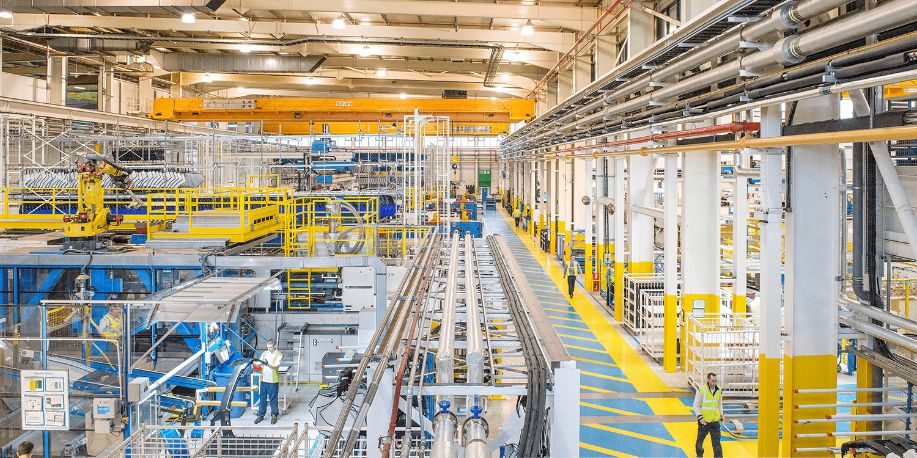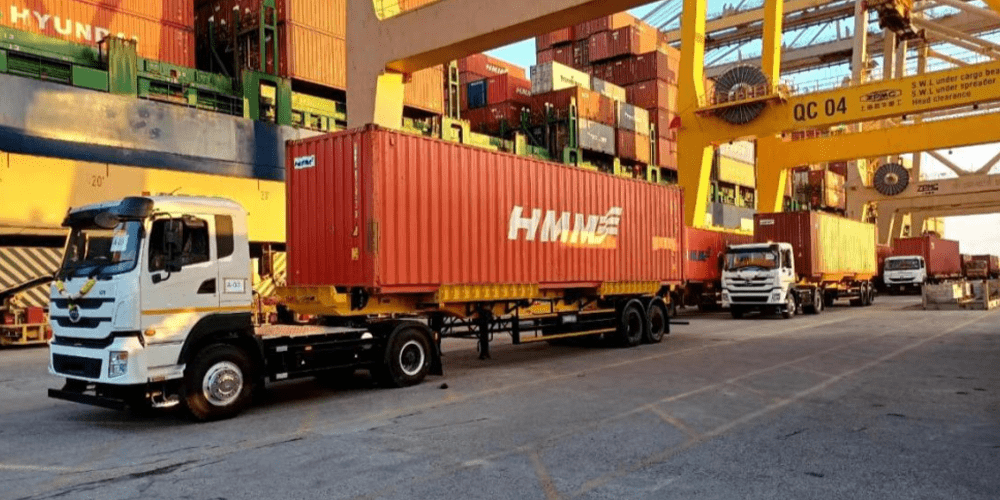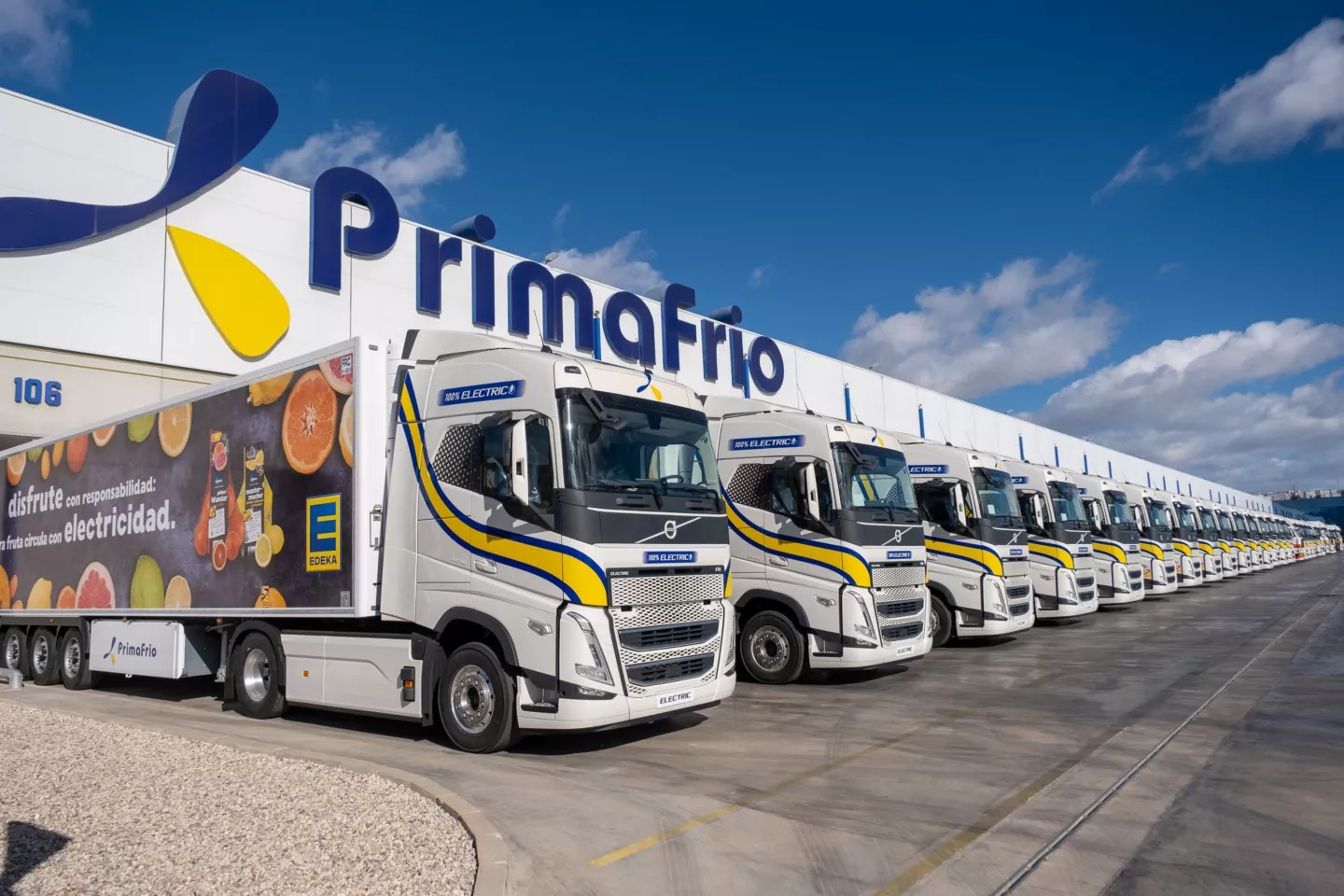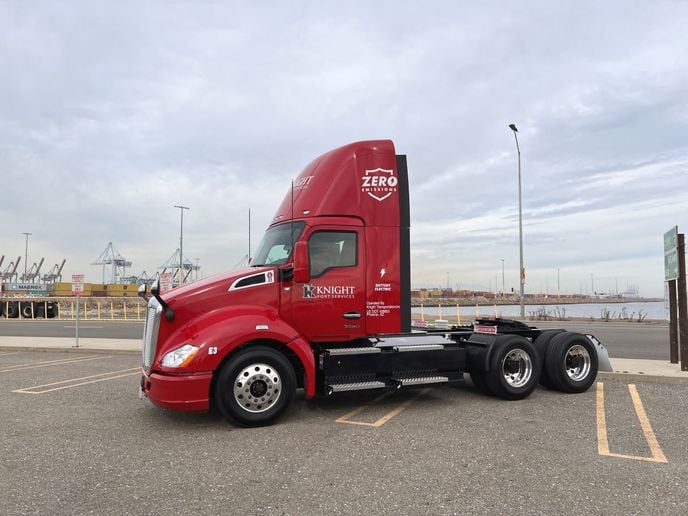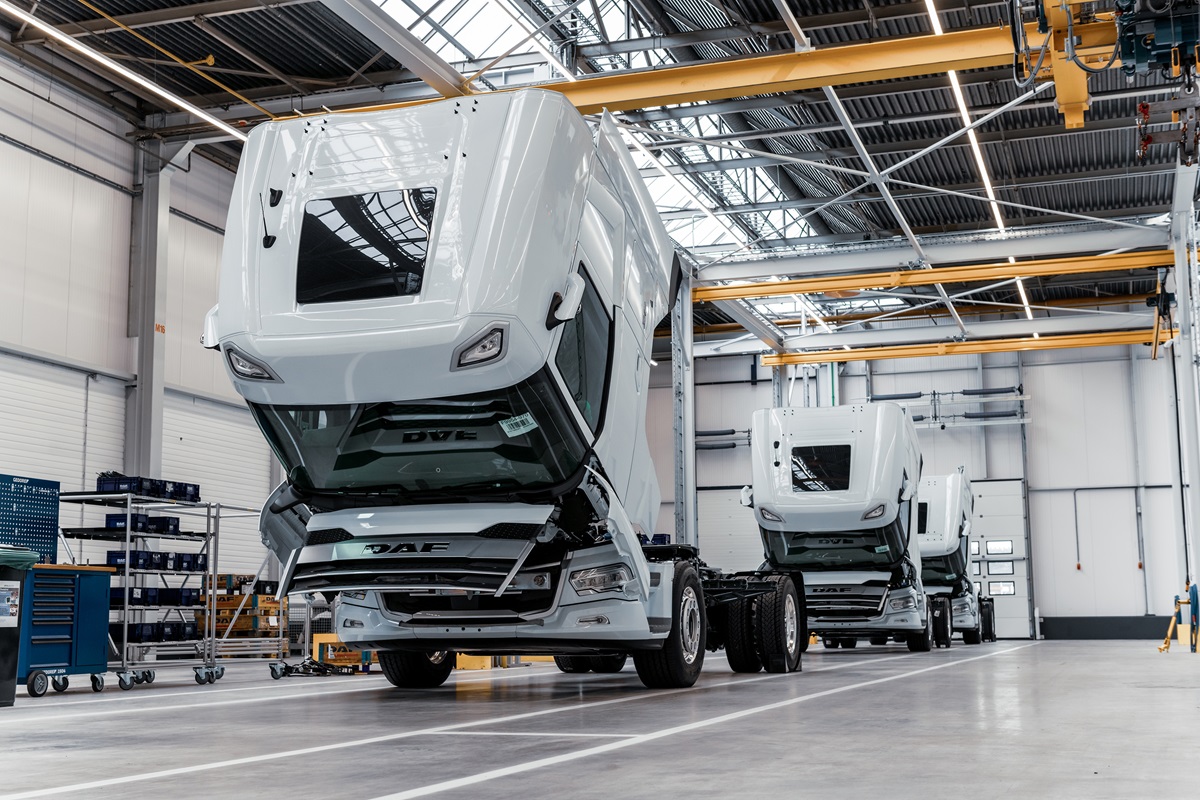French automotive supplier Plastic Omnium is partnering with Shenergy Group to establish a joint venture in China for the mass production of high-pressure hydrogen tanks for commercial vehicles.
The venture plans to produce up to 60,000 tanks per year starting in 2026, with a pilot production line set to be built in Shanghai in 2025, followed by a larger plant the following year. The joint venture, which will be owned equally by both partners, has yet to be named and will be based in Shanghai, responsible for both marketing and manufacturing the H2 tanks.
Shenergy Group calls the venture a “major player in the energy sector with an ambitious strategic roadmap for hydrogen in China.” Laurent Favre, CEO of Plastic Omnium, expects his company’s partnership with Shenergy to give it a stronger position in the Chinese market for hydrogen-powered commercial vehicles. “We are building the manufacturing capacity we need to seize every opportunity to become one of the major winners in the mobility transformation. It also gives us a solid basis from which to explore new opportunities for further cooperation in the local hydrogen ecosystem,” Favre said.
According to Ni Bin, President of Shenergy Group, his company is dedicated to creating a hydrogen production value chain in China as soon as possible. He stated that the collaboration with Plastic Omnium will make a significant contribution to the advancement of hydrogen technology and manufacturing efficiency.
Plastic Omnium, known for producing plastic exterior body parts and tanks, has been expanding its business portfolio. In 2020, the company invested 20 million euros in French battery manufacturer Verkor and acquired Actia Power, a company specialized in power electronics and electrification systems.
With 37,000 employees and 150 plants and 43 research and development centers, Plastic Omnium is a major player in the industry. Additionally, Plastic Omnium’s fuel cell joint venture EKPO Fuel Cell Technologies, operated in partnership with ElringKlinger, has recently established a Chinese subsidiary for the production of fuel cell stacks in Suzhou.

